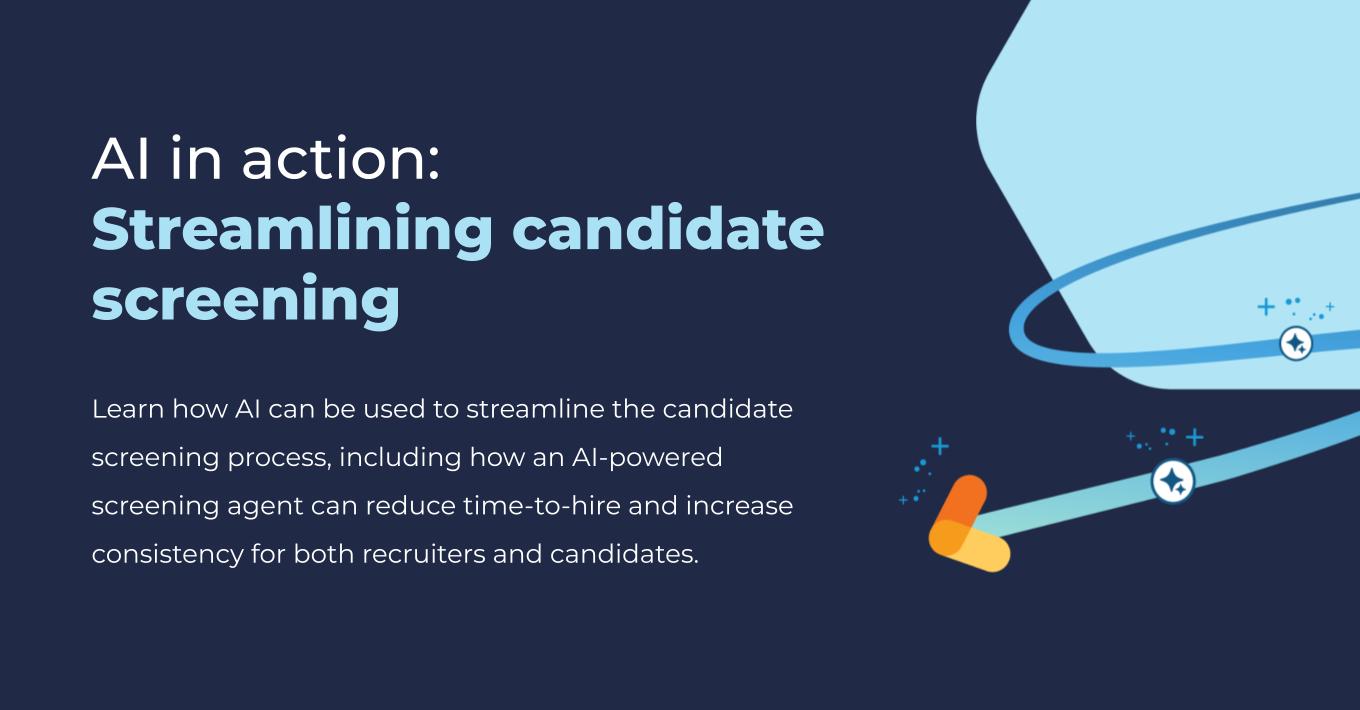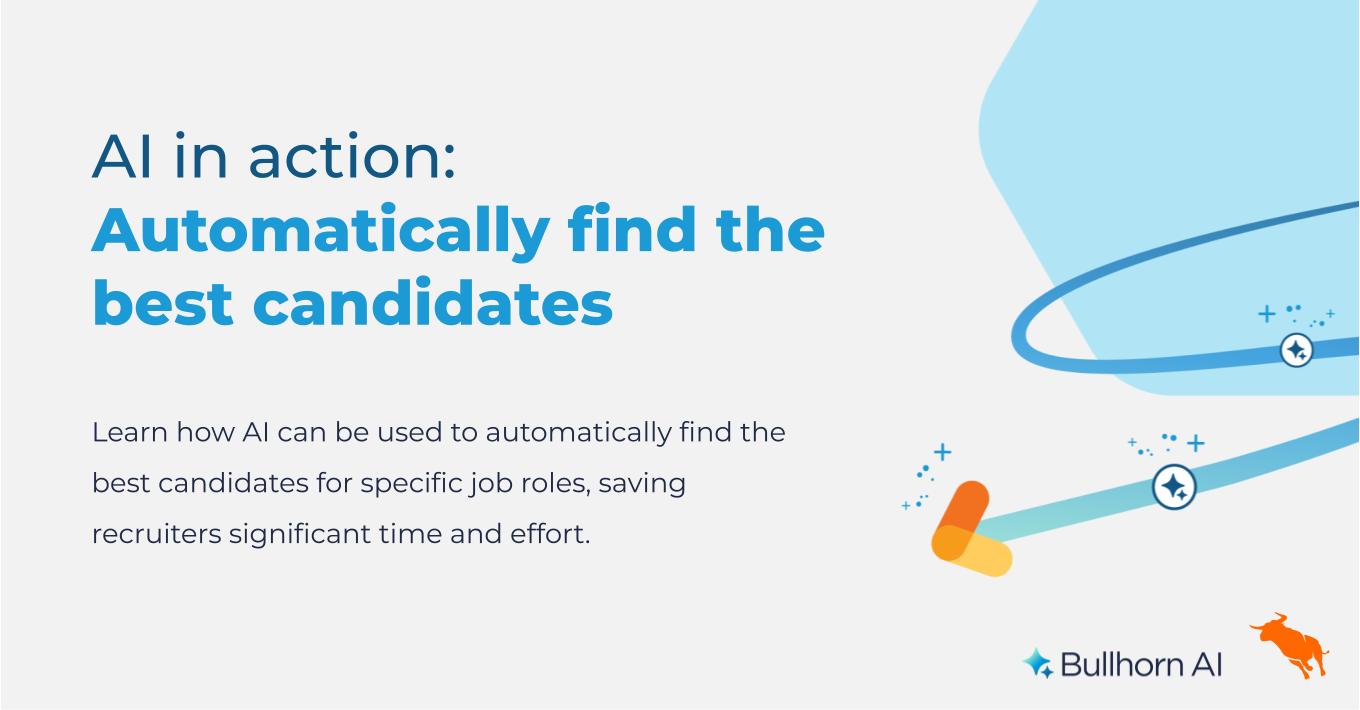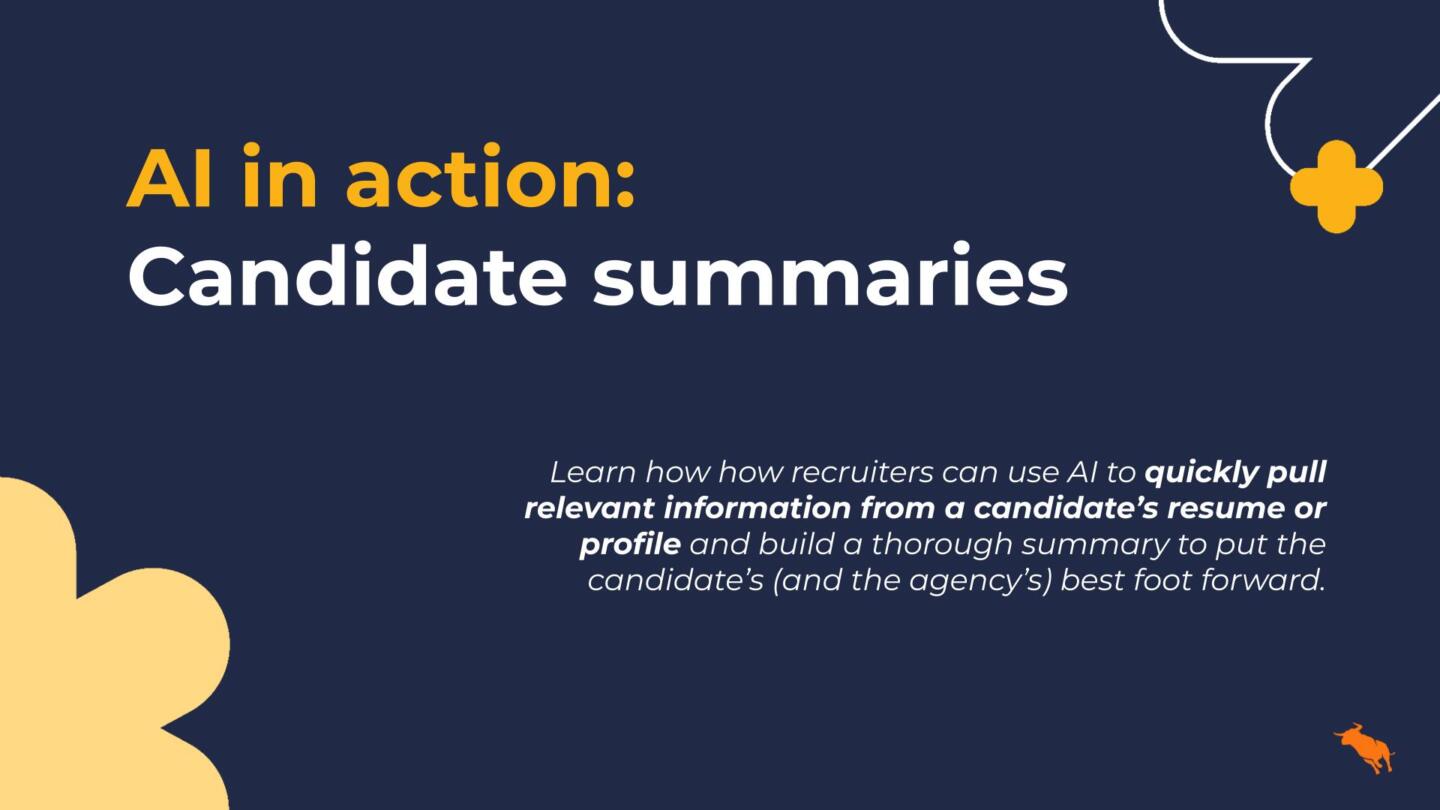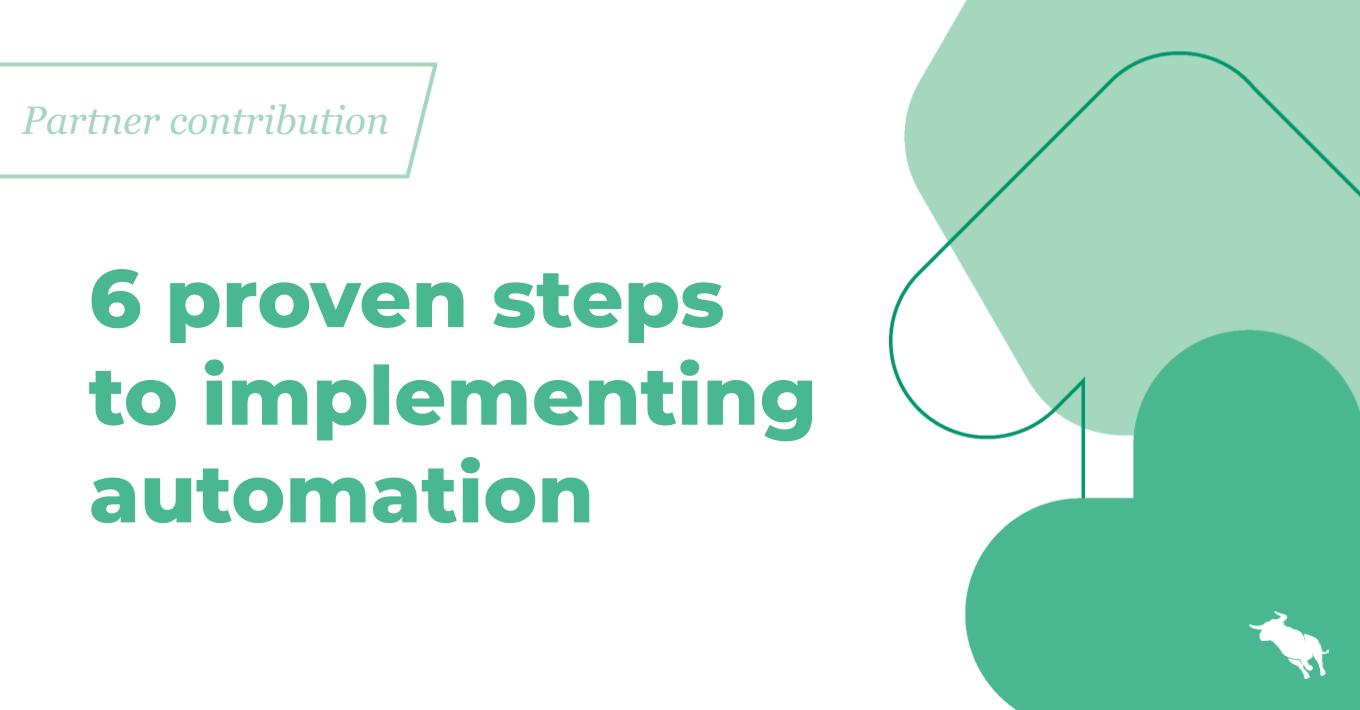Hiring Recent Grads – Key Things to Consider
Hiring a recent college graduate can be difficult. For starters, many recent grads — especially those with no professional experience — may find that the working in their first professional role isn’t as glamorous as they thought it would be. This, and the fact that many often still haven’t figured out what they want to be when they “grow up,” can make them potential flight risks.
Here are some great tips on what to look for when interviewing recent college grads, courtesy of Austin Merritt, COO at Software Advice.
1. Identify candidates who have chosen to do something difficult.
Merritt suggests that when you’re hiring young people for a job role, it’s helpful to hire those who have taken on something very challenging before. People who have chosen to do something difficult on their own are typically hard workers who can handle challenging situations and solve problems without the excessive hand-holding that no boss has time to provide. Applicants who worked through college to pay for school, for instance, are generally more prepared to face challenges head on in the workplace. And importantly, they’re more likely to be respectful of authority.
2. Find out about their role models.
This is a good way to assess where recent college grads see themselves going in their career. Merritt thinks it’s especially great if the role model is a family member or friend in a similar role as the one you’re hiring for (though I have to imagine this is rare). This could help them set expectations for their career, and they’ll have a mentor to guide them. However, if someone is applying for an accountant position and his role model is his brother, an accountant, it might indicate that he’s more influenced by taking a familiar path than actually leveraging his individual talents.
Merritt also points out that there are some things that just don’t matter as much. A recent grad’s major, for instance, isn’t necessarily a good indicator of where all of their talents lie. Though I’d recommend you ask them why they chose a particular major and how they think it will help them in their new job. Merritt also argues, and I agree, that GPA is not a great indicator of a candidate’s potential if they are working in a personality-driven role like sales or support. This is even more relevant if the candidate has spent a few years out of school. As Google’s Vice President of People Operations, Laszlo Bock, said in a New York Times interview, after a candidate is a couple of years out of school, scores don’t predict anything.
Merritt also believes that internships don’t necessarily matter, because many entail a lot of errand-running. Something like that can’t speak to how good a candidate would be at the specific responsibilities of the role. I disagree. Internships can be great preparation for the working world because those errands help interns understand how a business functions. The only drawback is that they can sometimes lead a candidate to feel over-prepared, which can present a tough adjustment.
While some companies steer away from hiring recent grads fresh out of college, they can be a great asset to a company — if you’re able to weed through the applicants and find those with raw talent.




